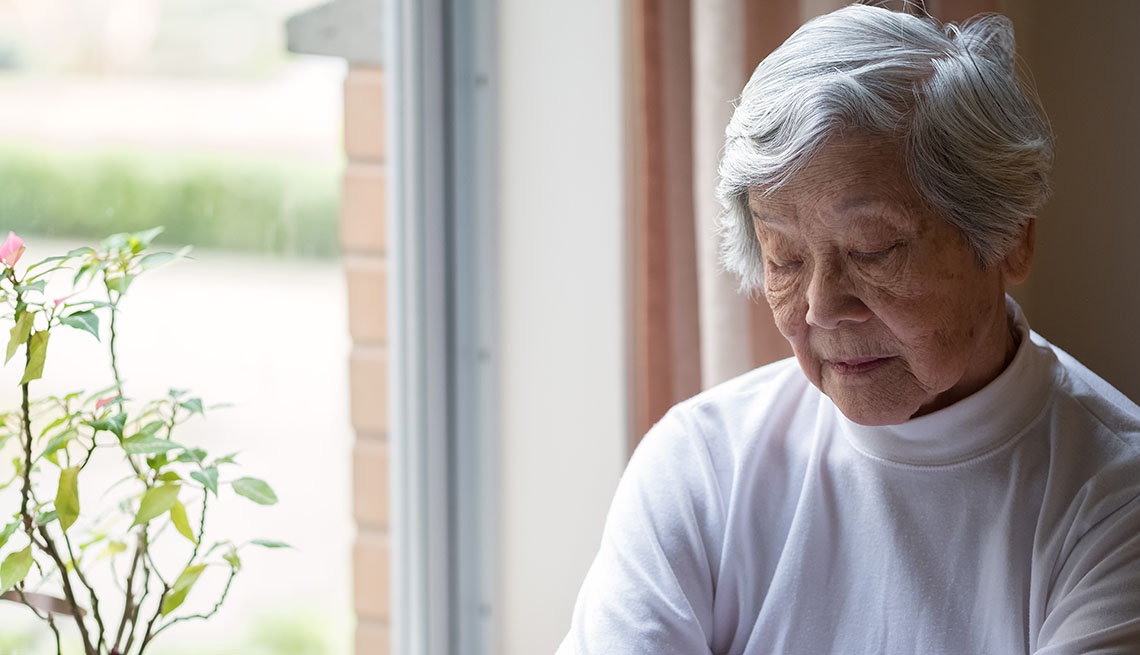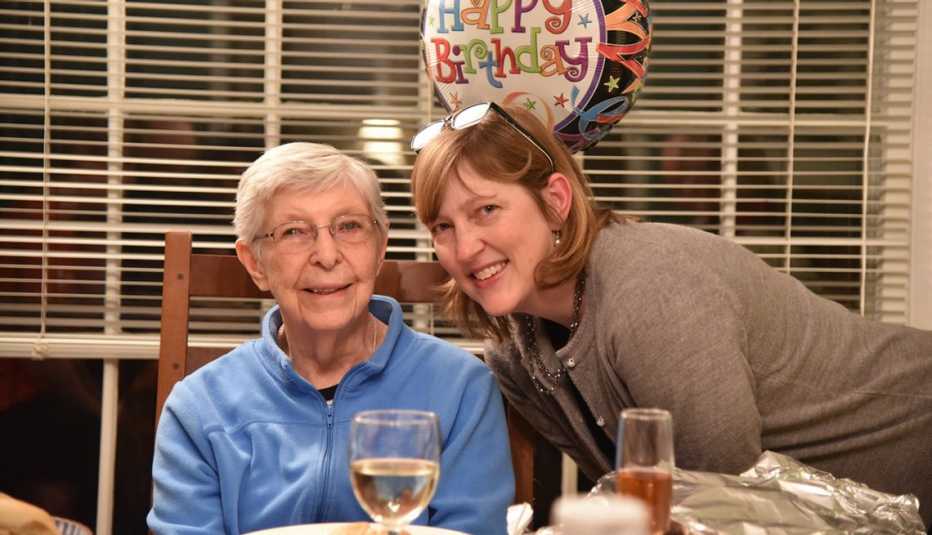AARP Hearing Center
Loneliness among older adults is often described as an epidemic with serious physical and mental health consequences, including a higher risk for dementia. Some experts say the socially isolating pandemic has the potential to make this epidemic even worse, leading to more memory loss and other cognitive problems among vulnerable older people.
"We know people who are getting old, if they're isolated or socially less stimulated, they tend to develop dementia earlier than others,” says behavioral neurologist Borna Bonakdarpour, an assistant professor of neurology at Northwestern University Feinberg School of Medicine and a Northwestern Medicine physician. “So when social activities were stopped when we first started to shelter in place, I started getting phone calls from family members that [their loved ones] were declining.”
Bonakdarpour says some patients grew confused or paranoid, including one who “thought the TV anchor they were watching was in the room with them. There are a lot of symptoms developing.”
Loneliness is a particular risk factor for dementia if someone already is developing early markers of Alzheimer's disease in the brain (often well before cognitive symptoms result), says geriatric psychiatrist Peter Rabins, an Alzheimer's disease expert at the Johns Hopkins School of Medicine and author of Is It Alzheimer's?: 101 Answers to Your Most Pressing Questions About Memory Loss and Dementia. “You're kind of adding another problem to it. That can push them over the edge and unmask it."
Rampant loneliness predates pandemic
Loneliness — the subjective feeling of distress caused by feeling lonely, as opposed to the physical state of isolation — was already rampant before “social distancing” became a household phrase this year: Some 43 percent of adults age 60 and older reported feeling lonely in a 2018 survey from the National Academies of Sciences, Engineering, and Medicine that was sponsored by AARP Foundation.
The repercussions are serious: Loneliness has been associated with a wide range of physical ailments, from high blood pressure to diabetes, as well as a weakened immune system — not something anyone wants to experience during a pandemic. A 2015 metanalysis of 70 loneliness studies concluded that over seven years lonely adults had a 26 percent greater risk of non-suicidal death.































































